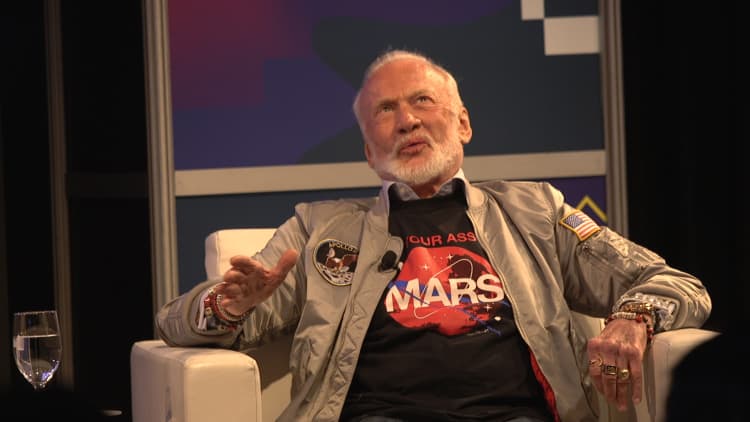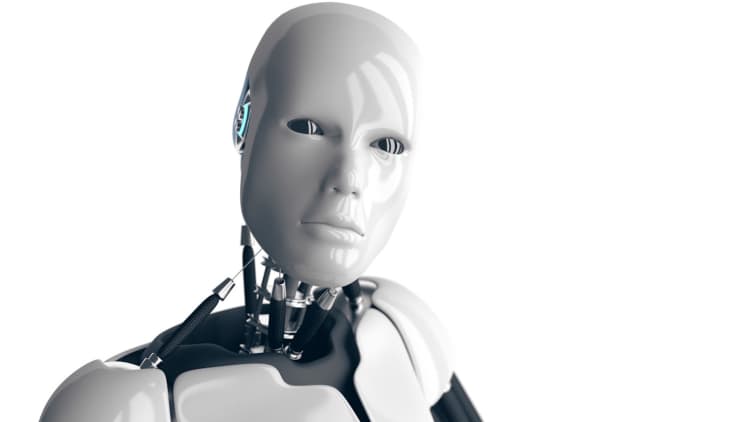Technology entrepreneur Elon Musk has envisioned the future of travel and it's getting close — and fast.
Motoring from Los Angeles to New York City in a fully autonomous car?
By the end of 2017, he said during a TED Talk interview in Vancouver on Friday.
"November or December of this year, we should be able to go from a parking lot in California to a parking lot in New York, no controls touched at any point during the entire journey," Musk predicted, according to a TED Blog summary.
More from USA Today:
SpaceX explosion destroys Facebook satellite
SpaceX Falcon 9 launches, lands in historic first
Anatomy of a SpaceX launch

Humans riding rockets to Mars?
"I really think there's a fundamental difference, if you sort of look into the future, between a humanity that is a space-faring civilization, that's out there exploring the stars, on multiple planets ... compared with one where we are forever confined to Earth until some eventual extinction event," the founder of the SpaceX private aerospace company told a previous TED Talk audience in 2013.
Underground car travel via a network of new tunnels excavated by a Musk startup dubbed The Boring Company?
Cars carrying passengers at 124 miles per hour atop skate-like platforms that whisk through the tubes, according to a concept video Musk's digging firm issued on Friday.
And how about the semi-truck Tesla is expected to unveil this fall?
A teaser image released Friday showed a shadowy big rig with headlights like those on Tesla's Model X and Model S autos and a continuous design across the truck's front cabin, TechCrunch reported.
"With the Tesla Semi, we want to show that an electric truck actually can out-torque any diesel semi," Musk said Friday, according to the TED Blog summary. "If you had a tug of war competition, the Tesla Semi will tug the diesel semi uphill."
The South Africa-born businessman said during his 2013 TED Talk appearance that he started thinking about travel breakthroughs while studying at Queen's University in Canada and then the University of Pennsylvania.
"I thought about, what are the problems that are most likely to affect the future of the world or the future of humanity?" said Musk. "I think it's extremely important that we have sustainable transport and sustainable energy production. That sort of overall sustainable energy problem is the biggest problem that we have to solve this century, independent of environmental concerns."
From that start, Musk has gone on to found and work at multiple firms, including an online financial payment company that ultimately led to the creation of PayPal, according to Biography.com.
Musk has faced some unforeseen problems along the way, including the September 2016 explosion of a SpaceX Falcon rocket while it was being tested at Florida's Cape Canaveral.
Nonetheless, Musk's company learned from the setback.
In March, SpaceX successfully relaunched a used Falcon 9 rocket, successfully demonstrating the reliability of new technology that Musk said would lower the cost of space exploration and travel.
Are other breakthroughs near?
Asked if he could picture a future in which Americans get most of their power from solar sources, Musk offered an optimistic answer during his 2013 TED Talk appearance.
"I'm extremely confident that solar will be at least a plurality of power, and most likely a majority, and I predict it will be a plurality in less than 20 years," said Musk, who defined plurality as "more from solar than any other source."


